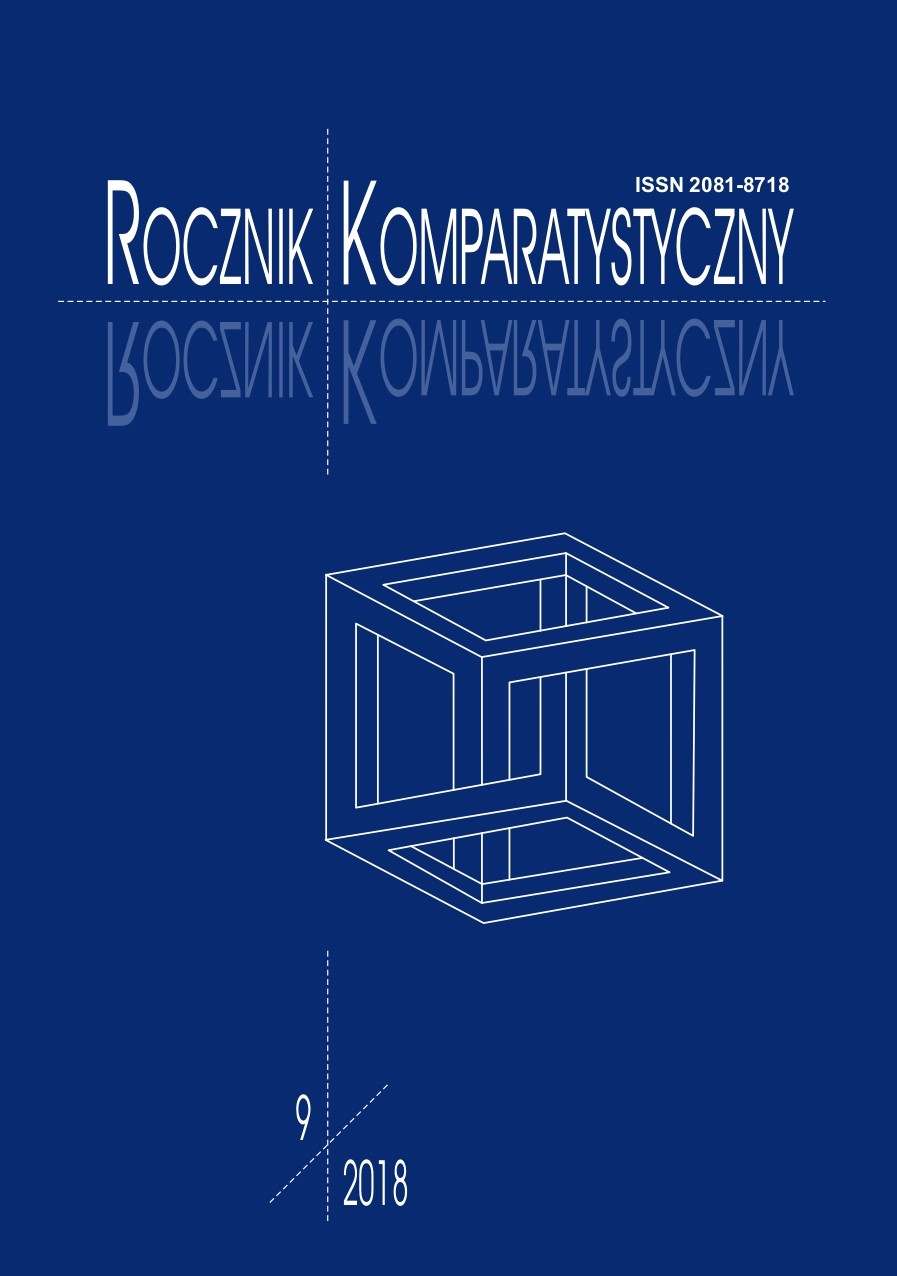Otherwise than Epistemology
Otherwise than Epistemology
Author(s): S Satish KumarSubject(s): Language and Literature Studies, Theoretical Linguistics, Comparative Linguistics
Published by: Wydawnictwo Naukowe Uniwersytetu Szczecińskiego
Keywords: comparative literature; African studies; alterity; deconstruction; epistemology; historiography; identity; postcoloniality; postmodernity; South Asian studies; subaltern studies
Summary/Abstract: Can one claim authoritative knowledge regarding the Other? What is the epistemic basis of a discursive practice that lays claim to knowledge of the Other? And more importantly, can such epistemological claims to knowledge, authoritative or otherwise, be the basis for an engagement with the Other? These are a few questions that this current piece returns to by means of reflection, meditation, analysis and argument. In doing so, I focus on questions of representation within critical and imaginative discourses as a means of access to and knowledge about the Other. I begin by reflecting on Edward Said’s Orientalism (1978), a work that is often received as having inaugurated a critique of representationality within an anglophone, Euro-American academic context. Following subsequent iterations of such critiques in works by Gayatri Chakravorty Spivak, and responses to the same in the works of Dorothy Figueira, while also exploring the bases for such critiques in the work of previous scholars such as Jürgen Habermas, Michel Foucault and Jacques Derrida, I explore the complex relations between discursive representations of alterity and the functionings of power. Concluding with an analysis of Frantz Fanon’s critique of Octave Mannoni’s “ethnopsychology” of the colonized Malagasy peoples, I propose that an epistemic or epistemological basis for engaging the Other is insufficient.
Journal: Rocznik Komparatystyczny
- Issue Year: 2018
- Issue No: 9
- Page Range: 25-45
- Page Count: 21
- Language: English

